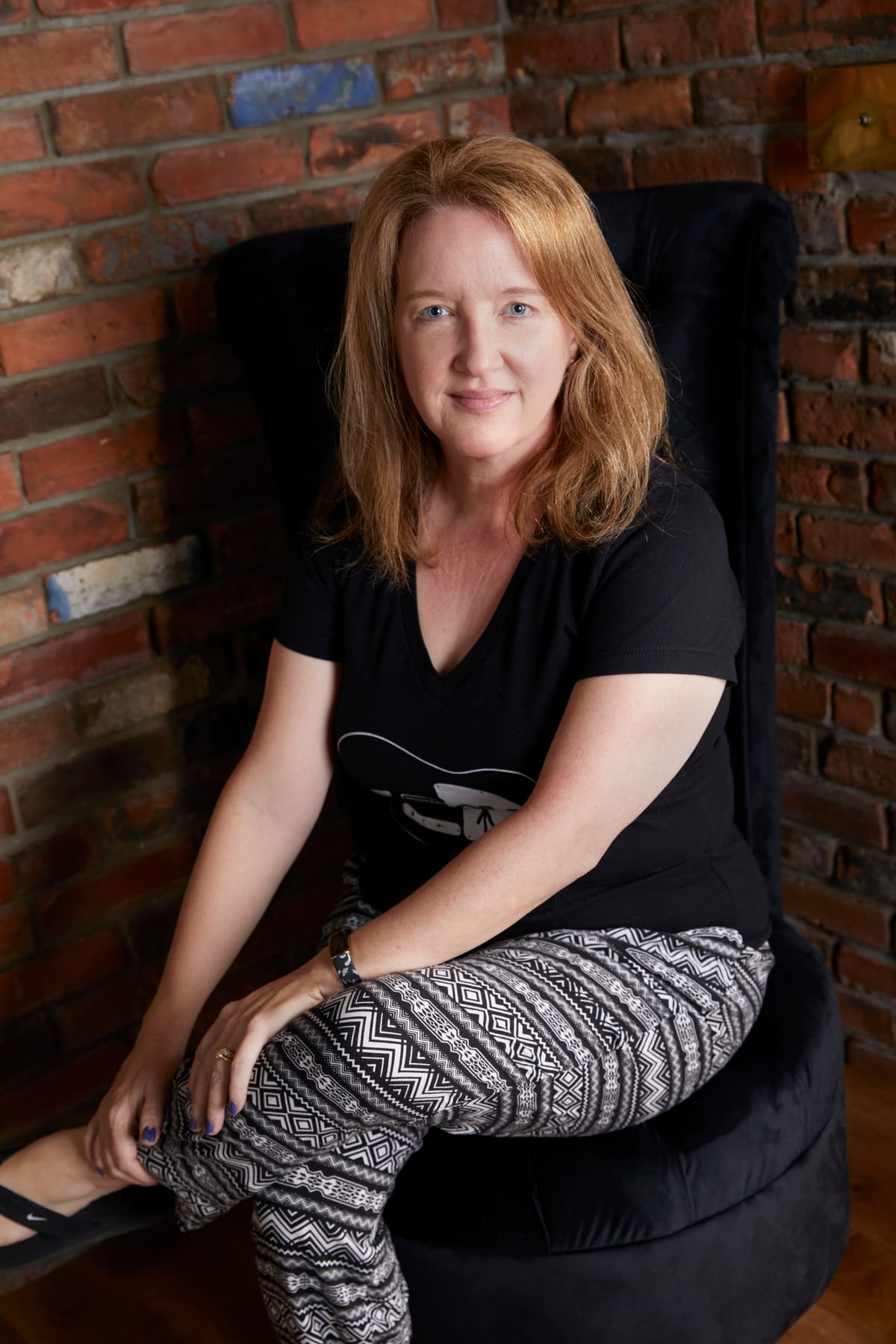Studio Etiquette

By Debbie Bruce
So it’s your first time in a recording studio and you’re a little nervous and don’t know what to expect. Or maybe you’ve recorded dozens of songs in your friend’s basement and are familiar with the process, but never worked with a professional engineer in a studio setting. Perhaps you’re a session player looking to up your game and bring your professionalism to another level.
Whatever your level of experience or background, here are some universals dos and don’ts that can help make the recording process go smoothly every time.
· Be prepared and on time. Make the most of the session by being on time and prepared. Have your arrangements and parts worked out ahead of time, and practice the songs you’ll be recording as much as possible (both as a band and individually) in the weeks leading up to the session. Consider practising with a metronome and recording yourself at home to listen back critically, and have your tempos worked out ahead of time if you plan to record to a click.
· Have a plan. Know exactly what and how you want to be recorded. Discuss with the engineer ahead of time the sound you’re after, and what your overall vision of the final piece will be. Have your arrangements and parts worked out well before the scheduled session and bring along any of your favourite gear (instruments, amplifiers, pedals, cables, etc.) that will help achieve that sound. It's always better to have it and not need it, than need it and not have it. Be proactive and send the engineer and/or producer rough demos of the songs you’ll be recording, which can be as simple as recordings captured on your phone. This, along with sending links to any songs or bands that are similar to the sound you’re going for will be helpful.
· Prepare your gear. String players should have their instruments set up and properly intonated with fresh strings on session day, and have extra sets on hand in case of breakage. In modern rock and metal styles, it's not uncommon to re-string for every song. Drummers should re-skin ALL of the top heads on their kit (kick, snare and toms) ideally the day of the session, but no sooner than the night before. Don’t walk into a session saying your skins are new when they have been played, no matter how little. If a stick has touched them they’re not new, and you want to squeeze every possible ounce of tone out of them. (Unless you’re going for a very specific sound that relies on dead strings or heads.)
· Pick a reputable studio. Professional recordings are not cheap nor should they be. Make sure you get the best bang for your buck by researching the studio and engineer you’ll be working with. Take the time to look at their past projects and tour the studio so you can see and feel the vibe that you’ll be working in. Ask around and talk to others that have recorded there to make sure you won’t be disappointed.
· Be respectful. Being in a studio can be very exciting and energizing but at any given time there’s likely work being done that requires intense concentration by others around you (producers, engineers, fellow musicians, band mates, etc). Keep noise levels down and respect people’s workflow during any down time you might have, and leave lively social interactions to the studio lounge or other areas.
· Sleep Get a good night’s sleep the night before a session. You want to function at full capacity and the days can be long.
Debbie Bruce is Operations Manager at Grant Avenue Studio in Hamilton.
She can be reached at debbie@grantavenuestudio.com
